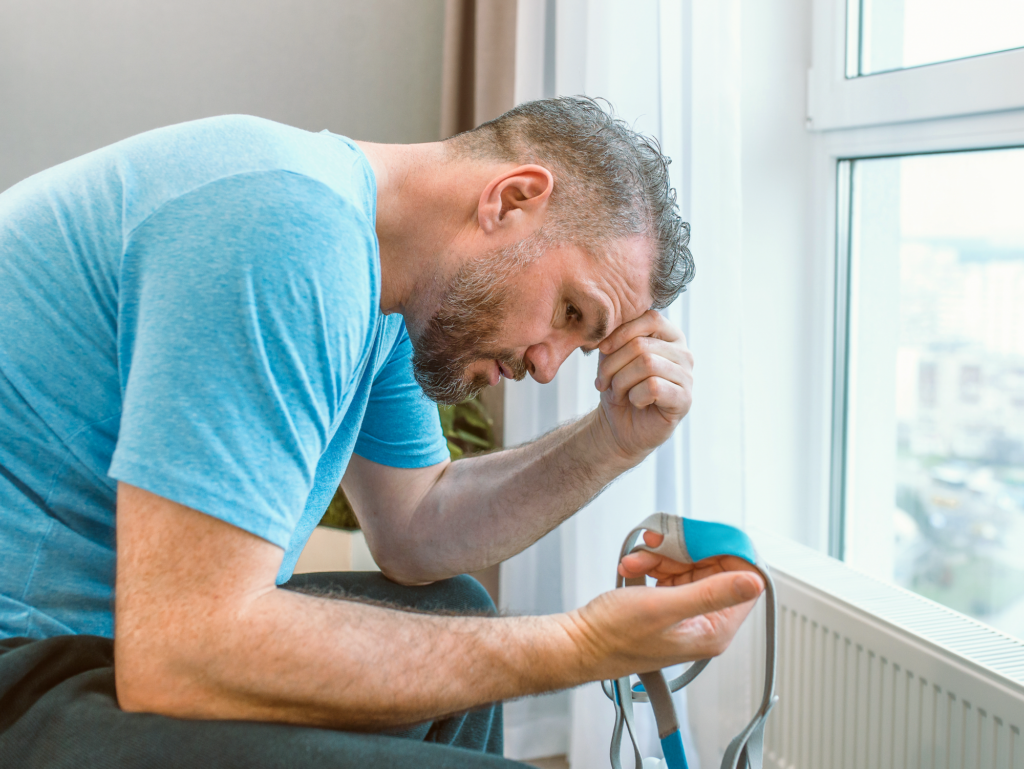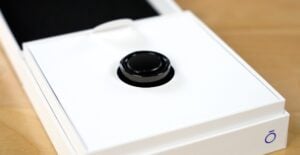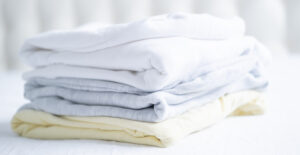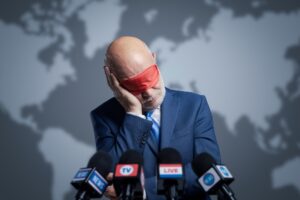Philips to Stop Selling Sleep Apnea Machines in US After Recall Problems

What happens when one of the nation’s leading makers of sleep apnea machines halts sales of its breathing devices? We’ll soon find out.
As recently as 2020, more than a third of sleep apnea devices bought in the U.S. were made by the medical supply company Philips Respironics. But, after it was found that its products contained harmful, carcinogenic chemicals, it came under fire from regulators. In 2021, it recalled millions of ventilators, including CPAP machines. Now, as part of a settlement with the Food and Drug Administration, it announced it will stop selling sleep apnea machines entirely in the United States for the foreseeable future.
In a statement published January 29, the company clarified that it is still finalizing the details with the FDA about what it will need to do to prove that it is compliant with federal regulations at its U.S. plants. It is unclear when it will be able to resume sales. While the company would continue to provide services, parts, and accessories for the machines already used by U.S. customers, it would discontinue selling any new devices.
Philips’ announcement comes after years of complaints and disturbing findings that the company knowingly put thousands of customers at risk, including vulnerable populations such as infants, seniors, and veterans.
The health risks stemmed from the foam used in certain Philips Respironics machines to reduce the sound and vibration they made. This foam can, and often does, break down, causing black debris and harmful chemicals to enter a person’s airway. Effects include irritation, asthma, nausea and vomiting, and harm to organs such as the kidneys and liver. Especially alarming is that the chemicals are carcinogenic, and many people who used the now-recalled machines reported cases of cancer.
In September of last year, ProPublica and the Pittsburgh Post-Gazette reported that Philips had received complaints as far back as 2010 from customers who saw that the foam in their breathing devices was emitting a strange black substance. Still, the company withheld the majority of these warnings from the FDA. For over a decade, Philips suppressed the growing number of complaints about its breathing machines and the evidence that they threatened the health of the people relying on them, according to the ProPublica and Post-Gazette report.

It is unclear how this shakeup in the sleep apnea market will impact CPAP users. While Philips would continue servicing and supplying parts for machines already in use, it could mean that not everyone who needs a new breathing device is able to get one as quickly.
“At the height of COVID in 2021, patients were facing months-long waits to get CPAP machines due to supply chain disruptions and parts shortages,” says Dr. Gerard Meskill, a board-certified neurologist and sleep medicine doctor. “The sudden disruption of the second-largest manufacturer of CPAP machines in the U.S. threatens to have a similar impact.”
Given that breathing devices like CPAP machines are the most common treatment for sleep apnea with millions of users, it will be crucial that alternative medical suppliers can rise to meet the needs of patients.
Got a hot tip? Pitch us your story idea, share your expertise with SleepFoundation.org, or let us know about your sleep experiences right here.
References
5 Sources
-
Cenziper, D., & Sallah, M. D. (2024, January 29). Amid Recall Crisis, Philips Agrees to Stop Selling Sleep Apnea Machines in the United States. ProPublica., Retrieved January 30, 2024, from
https://www.propublica.org/article/philips-agrees-to-stop-selling-sleep-apnea-machines-in-us -
U.S. Food and Drug Administration. (n.d.). Philips Respironics Recalls Certain Continuous and Non-Continuous Ventilators, including CPAP and BiPAP, Due to Risk of Exposure to Debris and Chemicals., Retrieved January 30, 2024, from
https://www.fda.gov/medical-devices/medical-device-recalls/philips-respironics-recalls-certain-continuous-and-non-continuous-ventilators-including-cpap-and -
Philips. (2024, January 29). Philips’ Fourth-Quarter and Annual Results 2023. Philips delivers strong full-year results; agrees with FDA on terms of consent decree focused on Philips Respironics in the US., Retrieved January 30, 2024, from
https://www.philips.com/a-w/about/news/archive/corpcomms/news/press/2024/philips-fourth-quarter-results-2023.html -
Cenziper, D., Sallah, M. D., Korsh, M., Robinson-Johnson, E., & Sager, M. (2023, September 27). Philips Kept Complaints About Dangerous Breathing Machines Secret While Company Profits Soared. ProPublica; Pittsburgh Post-Gazette; Northwestern University., Retrieved January 30, 2024, from
https://www.propublica.org/article/philips-kept-warnings-about-dangerous-cpaps-secret-profits-soared -
American Academy of Sleep Medicine. (2016) Hidden Health Crisis Costing America Billions. Underdiagnosing and Undertreating Obstructive Sleep Apnea Draining Healthcare System.
https://aasm.org/resources/pdf/sleep-apnea-economic-crisis.pdf













































































































































